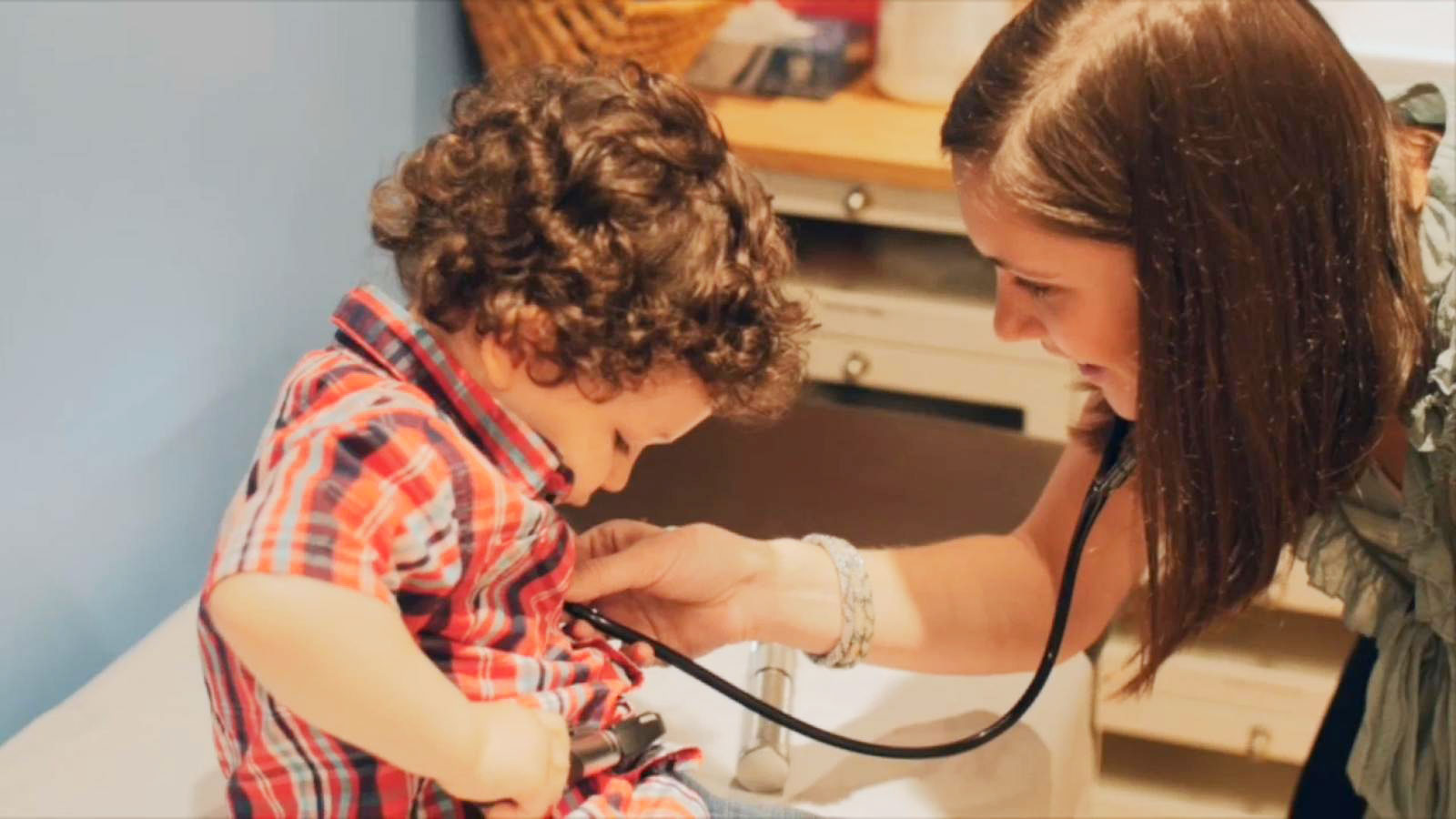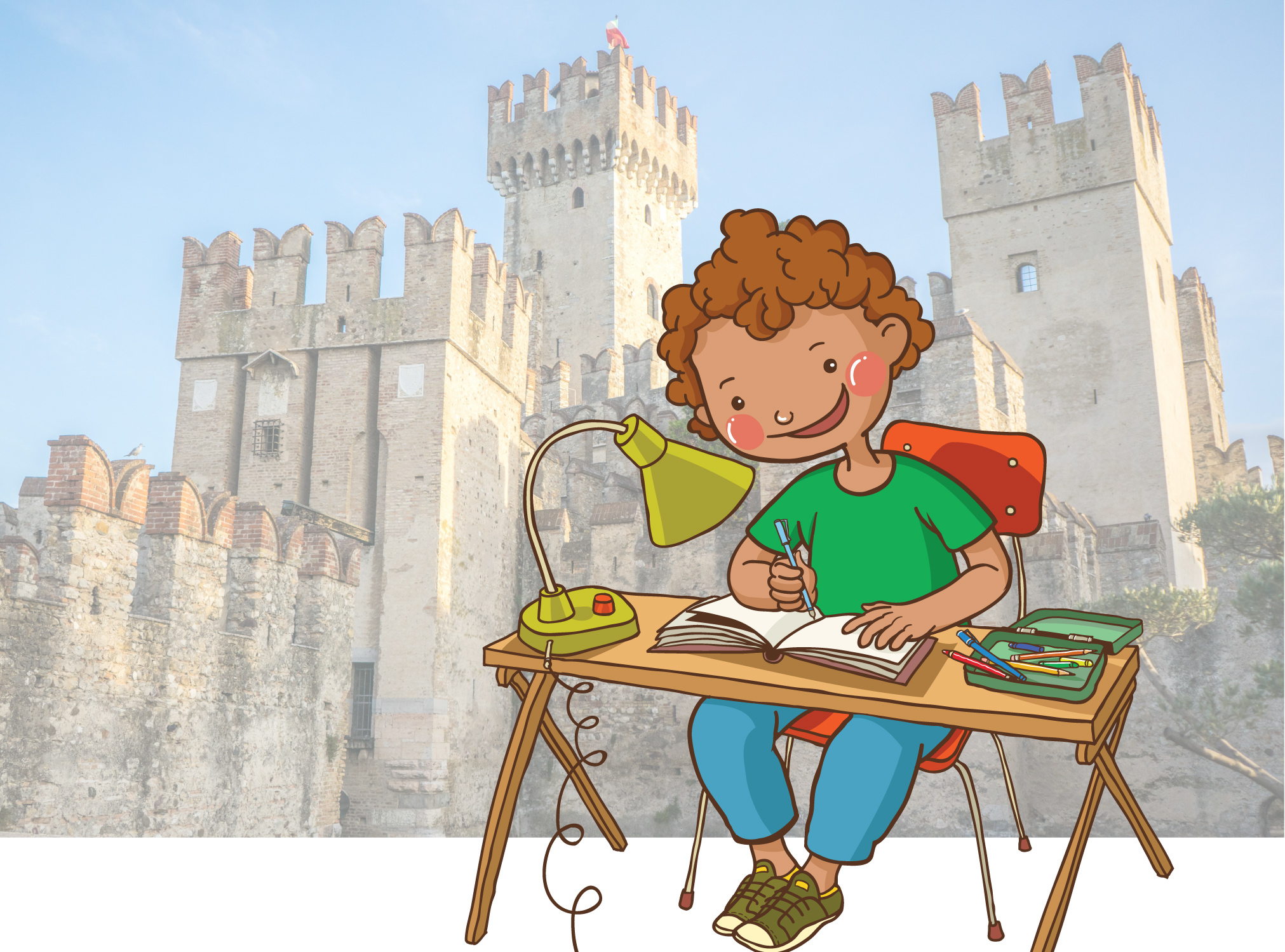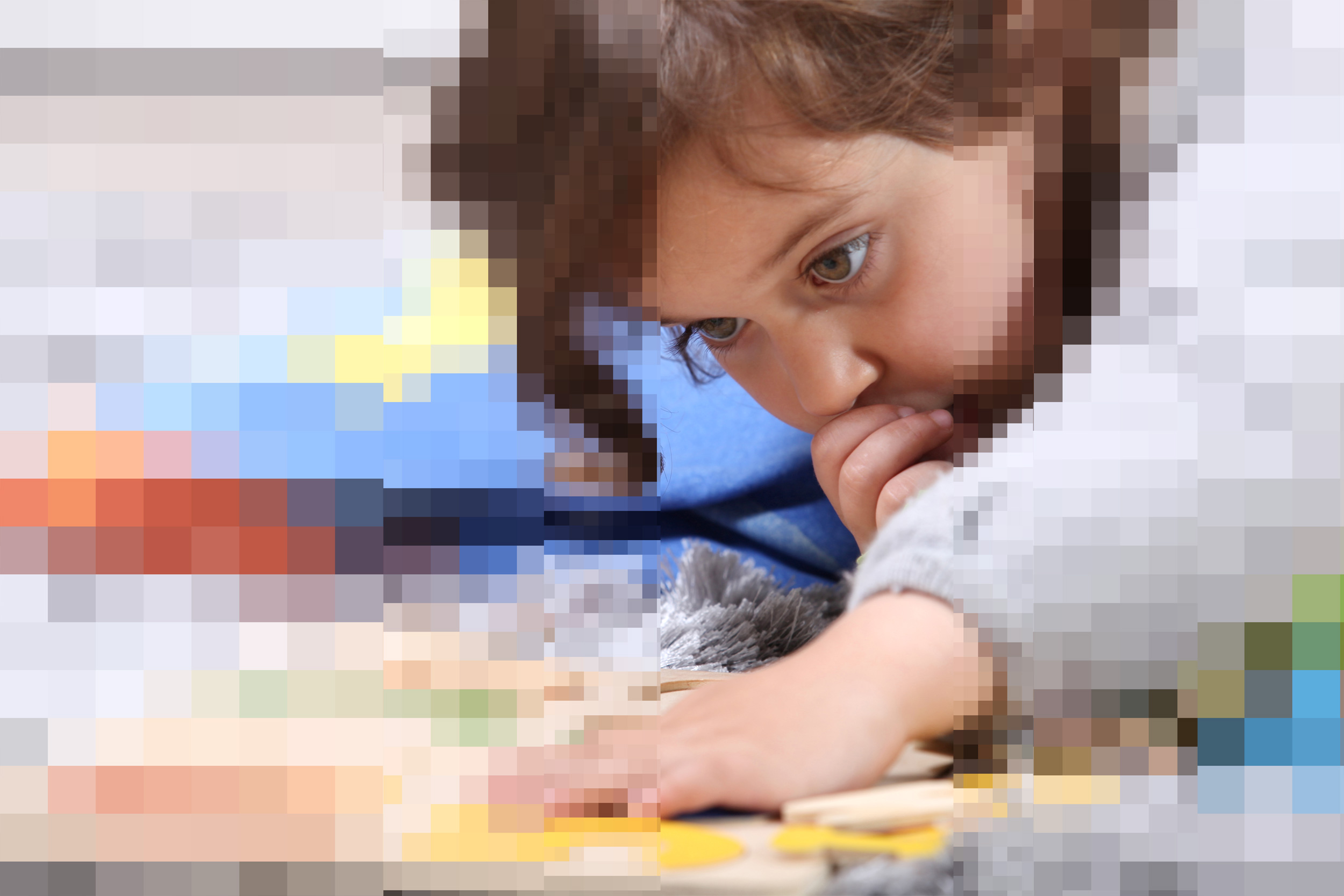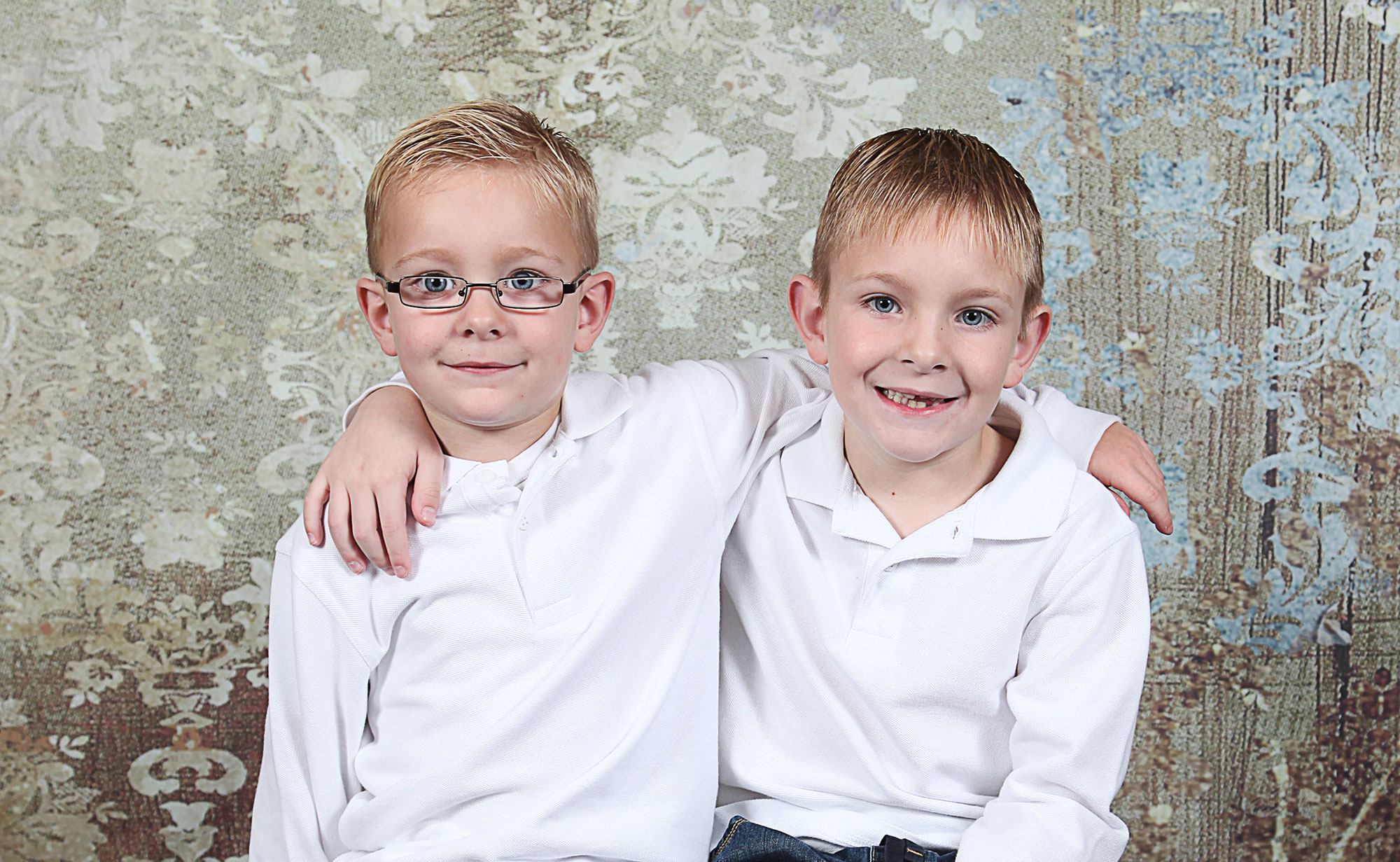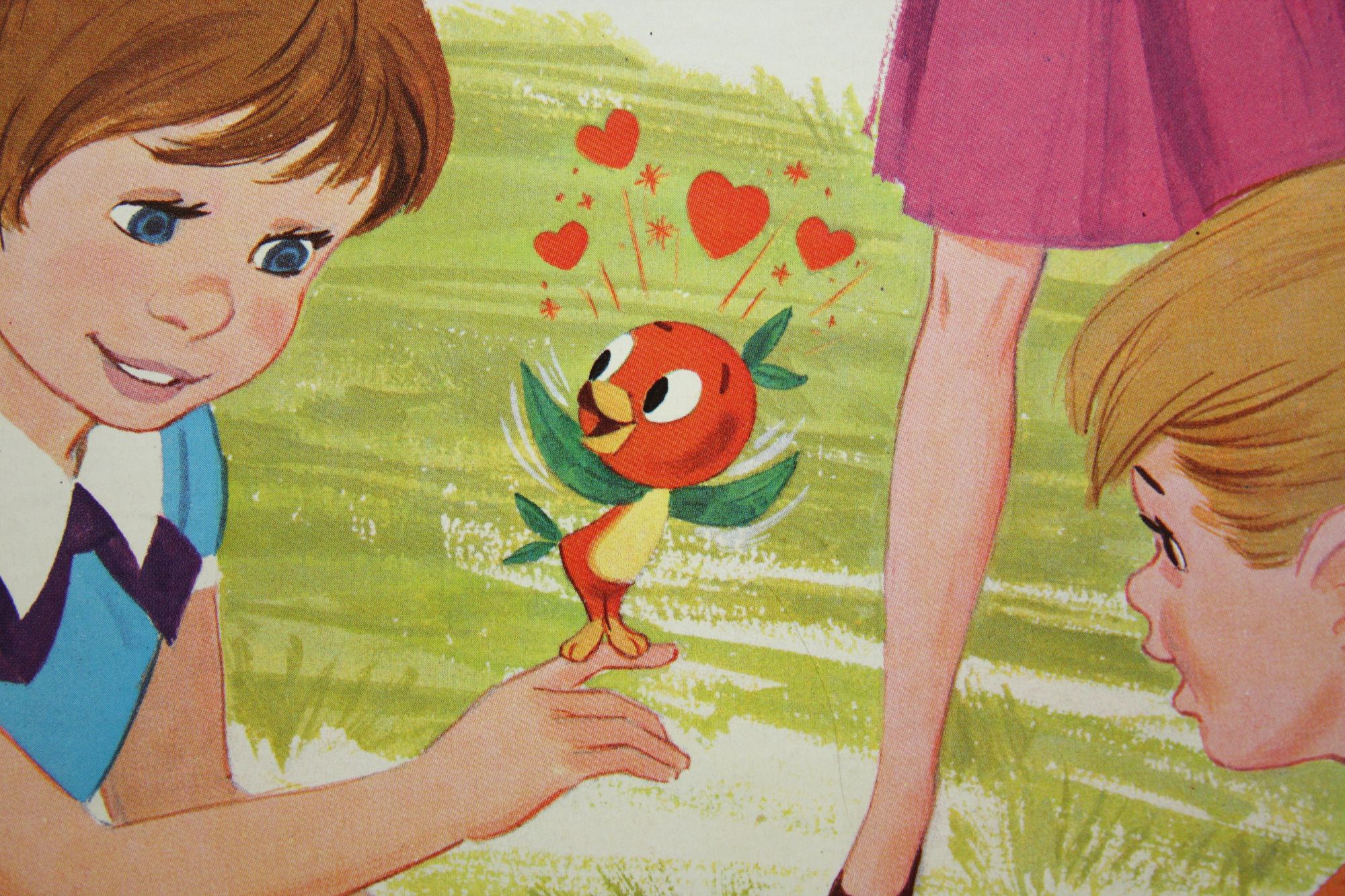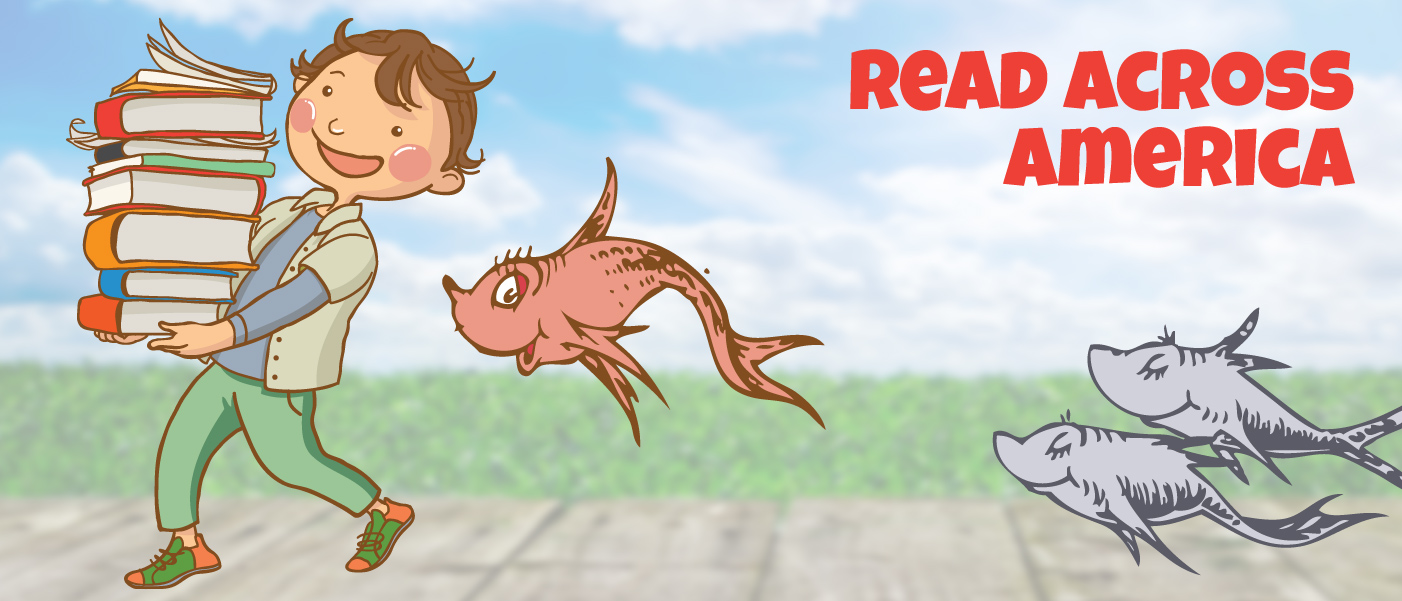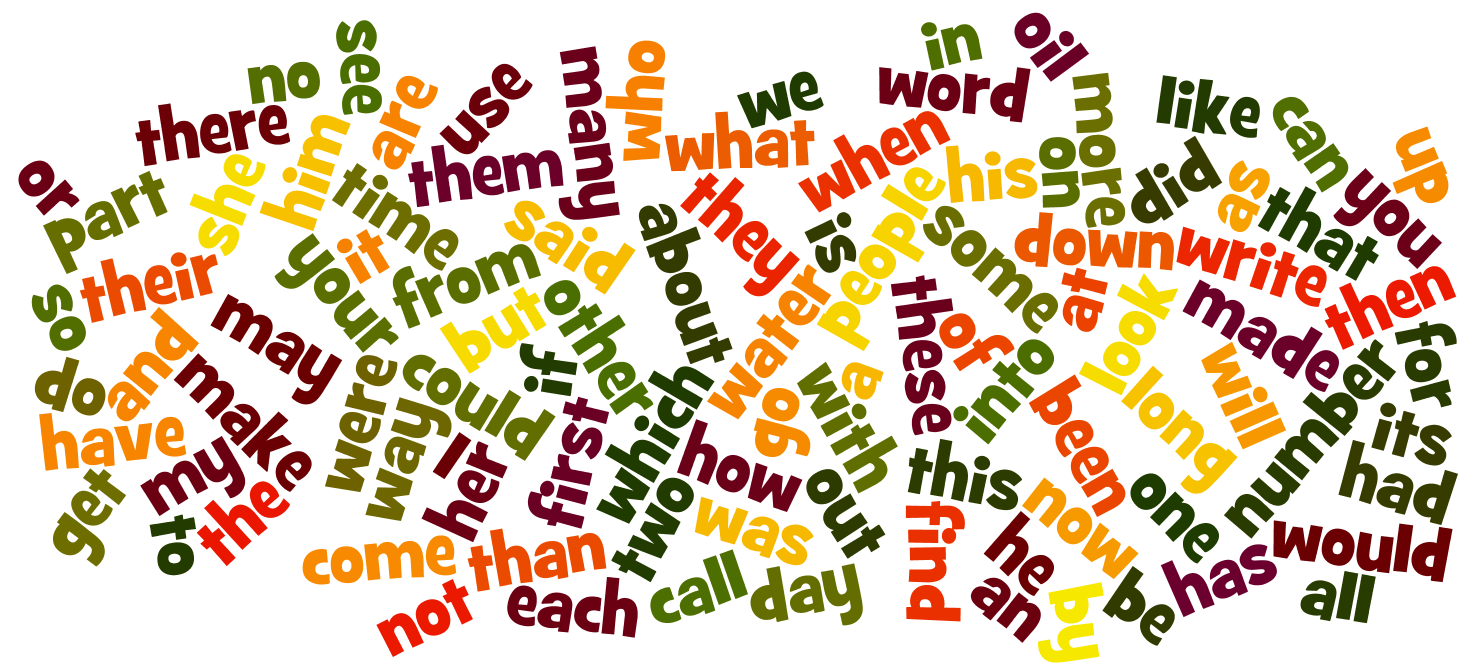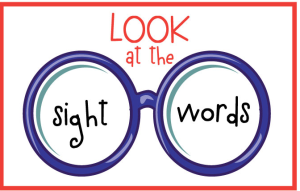Parenting is no easy feat, many times with our ever busy lives, the convenience of websites like WebMD seem to be the go-to diagnostic center, rather than the traditional “trip to the doctor’s office.” Deciphering whether or not your child has a speech or language challenge may not always be straightforward. I took the opportunity to sit down at Heights Pediatrics with Dr. Katerina Silverblatt, to address some of the most vital questions parents may ask themselves when it comes to discovering early signs of speech delay.
6 First Chapter Books Your Kids Will Beg to Read
Language Building SkillsThe benefits of reading aloud are many: It’s an excellent way to build vocabulary and speech, which will set your child up for future successes in school and life. It encourages imagination. It’s practically free. And it’s incredibly entertaining. Before long you’ll be onto your first chapter books.
5 Ways to Build Language Skills in Your Little Ones
Language Building Skills Language DevelopmentLong before your baby starts talking, she’s already building the language center in her brain. There are things you can do right from the start to give her lots of comprehensible input so she will have all the tools she needs. Read on and you’ll know how to build language skills in infants — well, mostly.
What to Do If Your Family Has Been Denied Early Intervention Services
Language Development State ResourcesYou, as a parent, know that your young child could use a boost in his or her language development, but your local Early Intervention (EI) program has deemed your child not sufficiently delayed to warrant funded therapy services. So what do you do now that you’ve been denied Early Intervention Services? This is an agonizing question to have to face. Unfortunately, as a consequence of the 2008-2009 financial crisis, many states sharply cut back on available funds for EI. I thought this was a terrible decision. What better investment in society is there than in the very young? And the research is strong and clear: intervening early in a child’s development can have an outsized impact on their overall development.
Stuttering in Children and Toddlers
Language Development Speech Therapy for KidsI get this question very often in my private practice. Many parents have observed in their young children (birth to age 5) a difficulty in forming fully fluent sentences. The task of forming coherent, perfectly articulated, and fluent language is a tall task and one that can take the whole of childhood to master. So, in many cases, stuttering in children or a disruption in their fluent speech is perfectly normal and not something that would require the attention of a speech therapist. Because stuttering is by far the most common type of speech dysfluency, I will focus today’s post on stuttering. However, there are several factors that parents should consider when faced with speech dysfluencies. These factors can very quickly give you, the parent, an indication of whether you would need to consult with a local speech therapist.
Fun Toddler Language Learning Activities
Language Building Skills Language DevelopmentWe often get the question posed to us, “how can I help my toddler to talk?” The short is answer is blunt and very obvious: talk to your child! That’s right, just make sure you are directly engaging your toddler in a wide variety of activities that are rich in language. At a high level, it really is that simple! This is a recommendation that is rooted in reams of research in the field of speech-language pathology and allied disciplines. However, just hearing from me, “talk to your child!” might leave you frustrated and wanting more: how do talk to my child? What are some fun toddler language learning activities that are best for this? This blog post is dedicated to providing some guidelines and tips for making this happen. It is one of the most important things you can do as parent of young child and it can have a positive impact on not only language development, but also on future academic potential and even on emotional development.
photo: Happy Kids and Orange Bird by Sam Howzit
Tips for Raising a Bilingual Child — by a Speech Pathologist
Language Development Speech Therapy for KidsThis post is dedicated to all you lucky families who come from linguistically diverse backgrounds, and who are in the process of raising bilingual (or even multi-lingual children though in this post I will just use the term “bilingual”). The truth is: I really envy you. Being bilingual is a special gift, one that I wish my two young children could benefit from. But, unfortunately, both my wife and I come from monolingual, English-speaking backgrounds and even though I speak formerly-fluent German—I am too out-of-practice to call it fluent—and my wife studied Italian in college, there is really no hope for us: our kids simply don’t have a rich enough home environment to acquire the special brain wiring to be truly bilingual. But, just because one or even both of the parents in a family come from strong background in say, Spanish, Chinese or Armenian, that does not mean the child(ren) will automatically be bilingual. Bilingualism takes dedication and consistency throughout childhood. I will go over several tips that can help support bilingualism in your family, both in the context of a developmental speech and language challenge and with typically developing speech and language. Armed with practical information, you can feel confident in pursuing bilingualism for your child and endow them with a lifelong gift.
What is Phonological Awareness & Why You should Learn Now!
Apps Language Building Games ReadingMarch is National Reading Month, so to celebrate raising awareness of this crucial life skill we’ll discuss the links between speech and language development and early literacy skills. A number of skills that would fall under the speech and language umbrella are enormously important to the development of early literacy. What can parents can do to promote early literacy in their children, from 12 months (or even earlier!) through pre-adolescence? We’ll discuss that too. You may already actively do some or all of these things with your child(ren), but let’s explore some evidence-based lessons as you continue to stimulate your child’s reading development. Learning to read and to ♥ love reading ♥ is a childhood-long project for both children and parents and the work you do as a parent and this post aims to be another support for this noble endeavor.
Strange Sounds Around the World — Explained!
Language Building SkillsGeek-Out Alert! This post is where the geeks glove come off, as they say. I am about to becoming an unapologetic, unabashed geek about one of my all time favorite topics: the crazy sounds of the world’s languages. As you might imagine the clinical founder of Speech Buddies, a revolutionary, evidence-based tool set for treating speech sound disorders, has a deep interest in phonetics. Phonetics is the branch of the social science of linguistics that studies how sounds are produced, where the tongue is placed, how it moves during speech and how the air flow is shaped. I will come out right now and admit that on down time, when my kids are asleep and I finally have an hour to myself, I will actually listen to clips of speakers of some of the world’s most fascinating and (let’s call them crazy) languages. I wanted to share some of these exquisite examples of the human sound production system and perhaps to spark an interest in you for yet another wonder of nature.
What Are Sight Words and Why Are They Important?
Language DevelopmentLike many families this week, your children are heading back to the classroom and coming home with a worksheet or two of homework. (Make that dozens of worksheets for your older kids!) The homework that caught my eye this week is the list of “sight words.” What are sight words? Sight words (high-frequency words, core words or even popcorn words) are the words that are used most often in reading and writing. According to Teach Stix:
In classrooms across America, the development of sight word recognition continues to be a top priority when instructing emerging and beginning readers.
They are called “sight” words because the goal is for your child to recognize these words instantly, at first sight.

